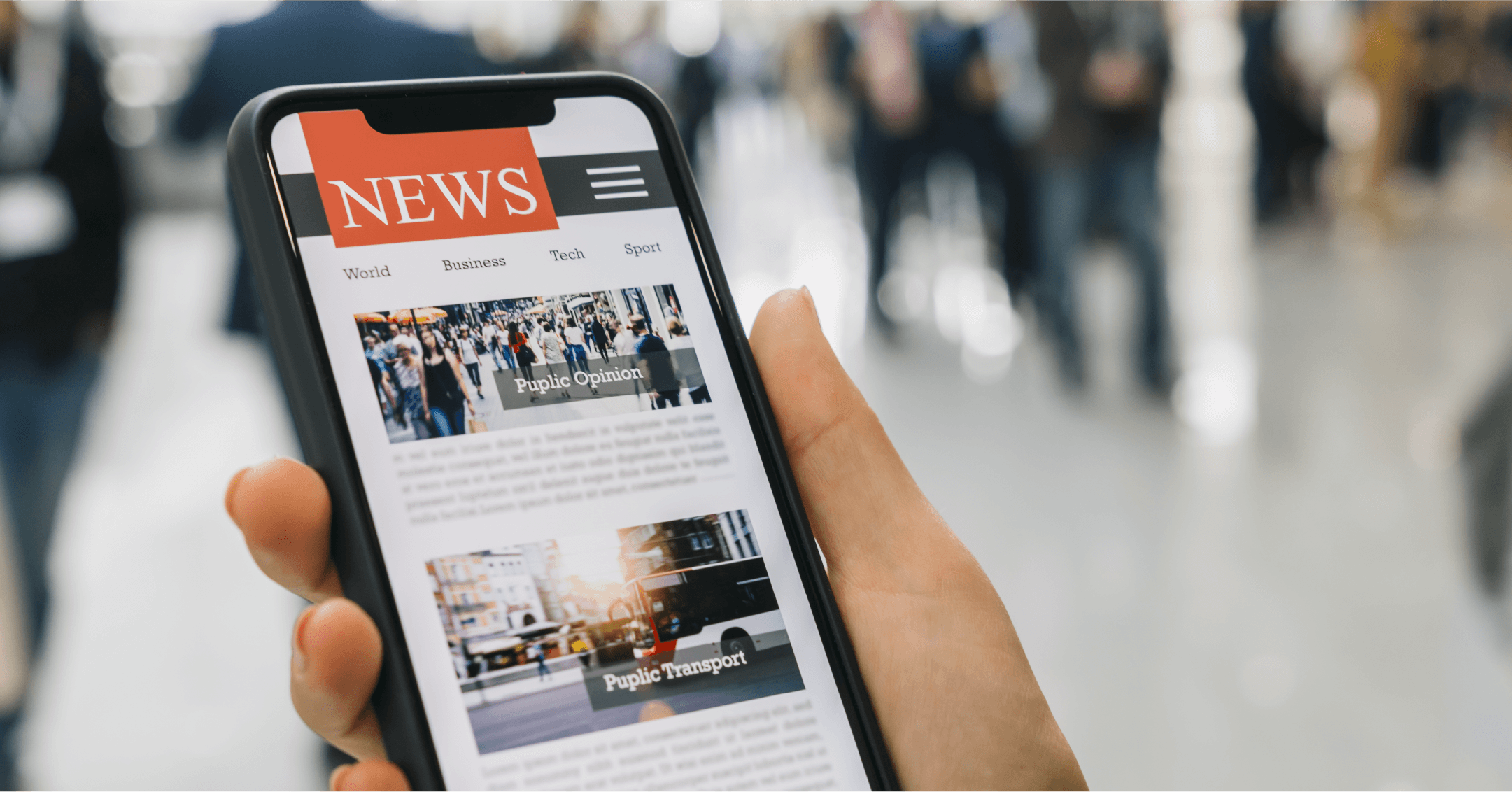Social media has become an indispensable force in shaping public opinion across Southeast Asia, fundamentally transforming how people communicate, access information, and engage with political, social, and cultural issues. In this diverse and rapidly developing region, platforms like Facebook, Twitter, Instagram, TikTok, and regional apps have created unprecedented opportunities for individuals and communities to voice their opinions, mobilize support, and influence public discourse. The power of social media in Southeast Asia lies in its ability to bypass traditional gatekeepers such as mainstream media and government censorship, allowing a broader range of perspectives to reach millions instantly. This democratization of information dissemination has both positive and negative consequences for public opinion formation. On one hand, social media empowers marginalized groups, activists, and ordinary citizens to raise awareness on critical issues, from human rights and environmental protection to corruption and governance. For instance, grassroots campaigns on platforms like Facebook have been pivotal in exposing local injustices and rallying public support for social change.

The viral nature of social media content often compels governments and institutions to respond more transparently and accountably. Moreover, the interactive aspect of social media fosters greater civic engagement, encouraging citizens to participate in debates, share viewpoints, and collectively shape national and regional narratives. In countries with younger populations, such as Indonesia, the Philippines, and Vietnam, social media is particularly influential in shaping political attitudes and voting behavior, making it a vital arena for electoral campaigns and public policy discussions. However, the role of social media in shaping public opinion in Southeast Asia is complex and fraught with challenges. The rapid spread of misinformation and disinformation has emerged as a significant concern, with false news stories, conspiracy theories, and propaganda often going viral faster than factual information. This problem is exacerbated by the region’s linguistic and cultural diversity, which sometimes creates echo chambers where people consume news that reinforces their biases. Governments and political actors have been known to exploit social media to manipulate public opinion by deploying coordinated campaigns, bots, and trolls to discredit opponents or stoke ethnic and religious tensions.
In extreme cases, such manipulations have contributed to social polarization, communal violence, and the erosion of trust in democratic institutions. Furthermore, social media algorithms, designed to maximize user engagement, often prioritize sensationalist and emotionally charged content, which can distort public perception and deepen divisions. Privacy concerns and the lack of digital literacy among certain population segments further complicate the landscape, as users may unknowingly share unverified content or fall victim to online harassment. Recognizing these challenges, governments, civil society, and tech companies across Southeast Asia have begun initiatives to promote media literacy, fact-checking, and responsible digital citizenship, though progress remains uneven. Social media in Southeast Asia plays a double-edged role in shaping public opinion. It acts as a powerful tool for democratization, social mobilization, and civic participation, enabling diverse voices to be heard and fostering greater political awareness. As the region continues to embrace digital technologies, the future impact of social media on public opinion will depend largely on how stakeholders address these challenges and damayi harness the potential of these platforms to build more informed, inclusive, and resilient societies.
